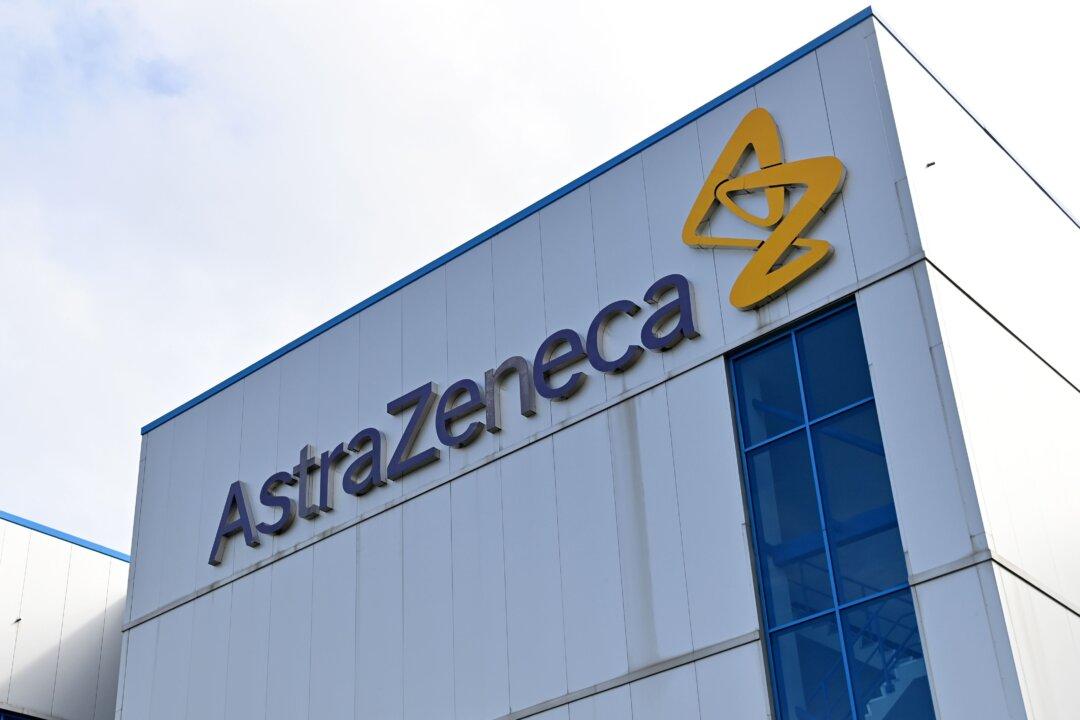Pharmaceutical company AstraZeneca, which said it would not take a profit from its COVID-19 vaccines during the pandemic, has now unveiled plans to start selling the shots at “modest profitability.”
In its latest financial results published on Friday, AstraZeneca said it is now “expecting to progressively transition the vaccine to modest profitability as new orders are received.”





